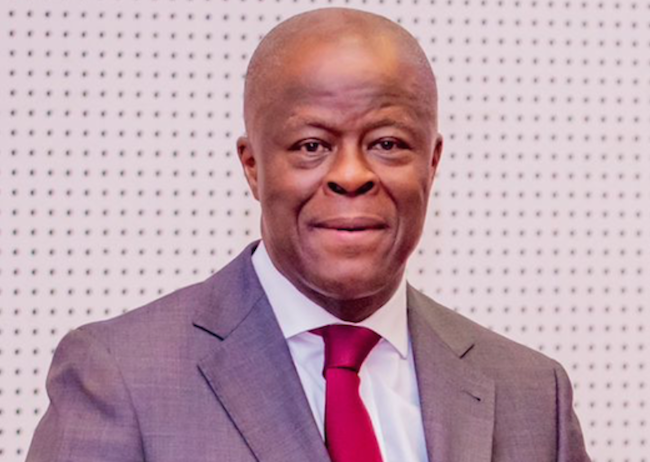Nigeria’s total public debt surged to N142.3 trillion as of September 30, 2024, marking a significant increase of N8.02 trillion (5.97%) from the N134.3 trillion recorded in June 2024. This development is detailed in the latest report released by the Debt Management Office (DMO) on Tuesday.
The rise in public debt underscores the combined effects of increased domestic borrowing and the impact of exchange rate depreciation on external debt when converted into naira terms.
Data from the DMO revealed that Nigeria’s external debt in dollar terms grew marginally by 0.29 per cent, rising from $42.90 billion in June to $43.03 billion in September. However, the naira equivalent of external debt experienced a dramatic increase of 9.22 per cent, surging from N63.07 trillion to N68.89 trillion during the same period. This disparity was driven by the depreciation of the naira, which weakened from N1,470.19/$ in June to N1,601.03/$ by the end of September.
Domestic debt presented a mixed performance. In dollar terms, it declined by 5.34 per cent, falling from $48.45 billion in June to $45.87 billion in September. Conversely, in naira terms, domestic debt increased by 3.10 per cent, rising from N71.22 trillion to N73.43 trillion during the same period.
The federal government accounted for the majority of domestic debt, which grew from N66.96 trillion in June to N69.22 trillion in September. Meanwhile, domestic debt owed by states and the Federal Capital Territory (FCT) saw a slight decline, from N4.27 trillion to N4.21 trillion.
Federal Government bonds, the largest component of domestic debt, increased by 4.47 per cent to N54.65 trillion in September, up from N52.32 trillion in June. Bonds now constitute 78.95 per cent of the total domestic debt, compared to 78.13 per cent in the previous quarter. Nigerian Treasury Bills, the second-largest component, saw a marginal decline of 0.66 per cent, falling from N11.81 trillion to N11.73 trillion. This aligns with efforts to moderate short-term debt and reduce rollover risks.
Promissory notes, used to settle government obligations, grew by 5.80 per cent, increasing from N1.67 trillion to N1.77 trillion. Federal Government Sukuk, used for infrastructure funding, declined by 9.14 per cent to N992.56 billion, down from N1.09 trillion. Savings bonds grew by 16.11 per cent to N64.09 billion, reflecting increased retail investor participation. Green bonds remained unchanged at N15 billion, maintaining a minimal contribution of 0.02 per cent to the domestic debt stock.
The external debt stock of $43.03 billion as of September 2024 maintained a relatively stable profile, with minor changes across multilateral and bilateral obligations. Multilateral debt increased by 0.67 per cent to $21.77 billion, making up 50.60 per cent of total external debt. This was largely due to additional disbursements from institutions like the World Bank, which added $513.06 million to its International Development Association portfolio, now at $16.84 billion. Bilateral debt decreased slightly by 1.33 per cent, from $5.89 billion to $5.81 billion. Loans from China, Nigeria’s largest bilateral lender, reduced by $99.98 million, while obligations to France and Germany remained stable. Commercial loans, primarily Eurobonds, remained unchanged at $15.12 billion, representing 35.14 per cent of external debt.
-In December 2024, Nigeria re-entered the international capital markets, raising $2.2 billion through Eurobonds. The issuance included a 6.5-year $700 million bond at 9.625 per cent and a 10-year $1.5 billion bond at 10.375 per cent. Although total subscriptions exceeded $9 billion, only $2.2 billion was allotted.
These proceeds are expected to support the 2024 budget amidst revenue shortfalls and rising public expenditure.
The increasing debt profile, compounded by naira depreciation and a growing reliance on domestic borrowing, has raised concerns about Nigeria’s debt sustainability. Analysts emphasize the need for fiscal reforms, improved revenue generation, and careful debt management to address these challenges and maintain economic stability.





